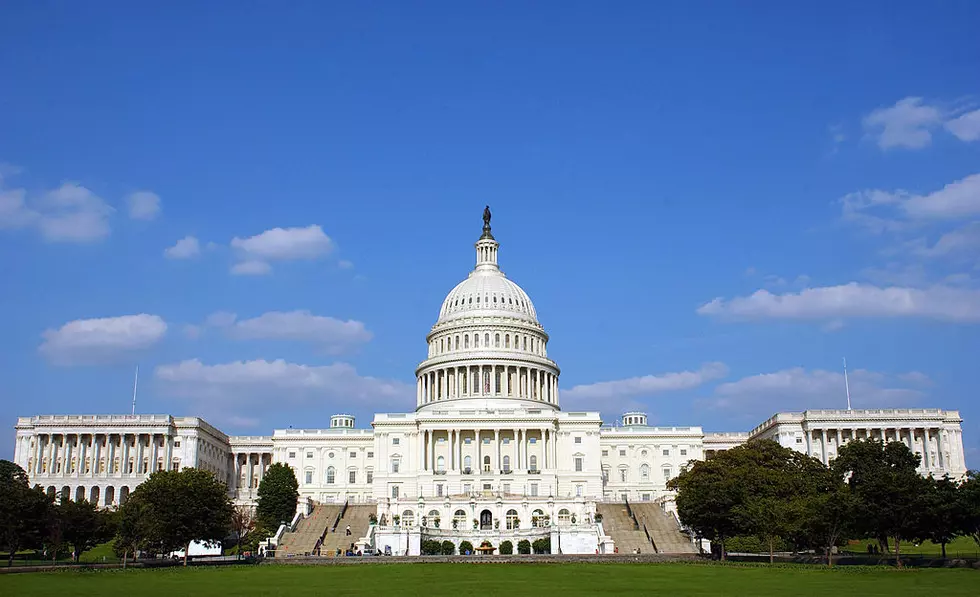
Washington State’s Guaranteed Education Tuiton in Danger of Being Scraped
OLYMPIA, Wash. (AP) - This may be the worst year for Washington parents looking to buy prepaid tuition credits for their children.
If a Republican-led coalition and a liberal Democrat have their way, lawmakers would spend the next couple months developing a plan to scrap the Guaranteed Education Tuition program altogether. Other lawmakers from both parties, meanwhile, are looking put enough money into higher education that the price of prepaid tuition could plummet in the coming years.
The Legislature has left itself few options for the GET program after years of cutting state support for universities, pushing tuition rates up dramatically and the GET program into a financial hole. Just four years ago, parents used to be able to prepay a year's worth of tuition for $7,600. That has more than doubled.
People can now reserve a year's worth of tuition by investing $17,200 in the GET program - a hefty premium on today's tuition prices. Students at the University of Washington are paying about $11,800 in this academic year.
If lawmakers are able to provide enough funding to keep tuition flat over the next two years, which is a goal of many legislators, the state actuary projects the price of prepaying a year's worth of tuition would plummet from $17,200 to $14,400. If funding continues to increase to a goal touted by some Democrats, the price of a prepaid year would drop to $12,300 - a drop of 28 percent from today's rate.
Democratic Rep. Chris Reykdal, who comes from the left side of his caucus, actually agrees with the GOP-led coalition in the Senate on their proposal to eliminate GET, even though they are on opposite sides of the political spectrum. He said lawmakers would have to intensely study the impact of investing money to drop the price of GET credits, because he suspects some people who invested in the last couple years wouldn't be able to break even on the purchase until many years down the road.
Reykdal said the scenario of keeping GET open seems to pressure the state into continuing to raise tuition prices in order to make GET investments worthwhile for people. But he says that will further hurt poor people, who may not have the means to invest in GET and will face massive tuition prices when college arrives.
"Right now we're working against ourselves," Reykdal said. He believes the program is mostly now a subsidy for higher-income residents.
Matt Smith, the actuary who put together the alternate GET projections, said GET officials will have to consider the impact of unit prices that could create inequity in the system.
"How do they want to handle the two or three years' worth of purchases that took place at a higher price?" Smith said. "That's certainly a consideration."
The price of prepaid tuition has never dropped in the program's existence, and GET program director Betty Lochner cautioned that prices may never fall. She says if lawmakers invest more money into the system to keep tuition down, GET could keep prices stagnant in order to rebuild its reserve. She said it could be dangerous in the long term if GET prices declined, since the state has to be prepared for more economic troubles.
"You have to be really careful and really thoughtful about that," Lochner said.
Lochner also said GET is designed more like an insurance program than an investment program, so it's not built for people to play like the stock market. She said it's particularly targeted for people with young children who are investing for the long term.
A coalition dominated by Republicans in the state Senate has suggested the state needs to explore a way to get out of the GET program, since it currently has a $631 million unfunded liability. Leaders in the Senate have yet to propose how they would shut the program down.
Lawmakers could fix the financial hole in GET by suppressing prices in the program. Smith's analysis found if lawmakers simply prevented tuition hikes over the next two years, the unfunded liability in the program would shrink dramatically.
"It shows how sensitive the program is to tuition and changes in tuition policy," Smith said
More From News Talk KIT









